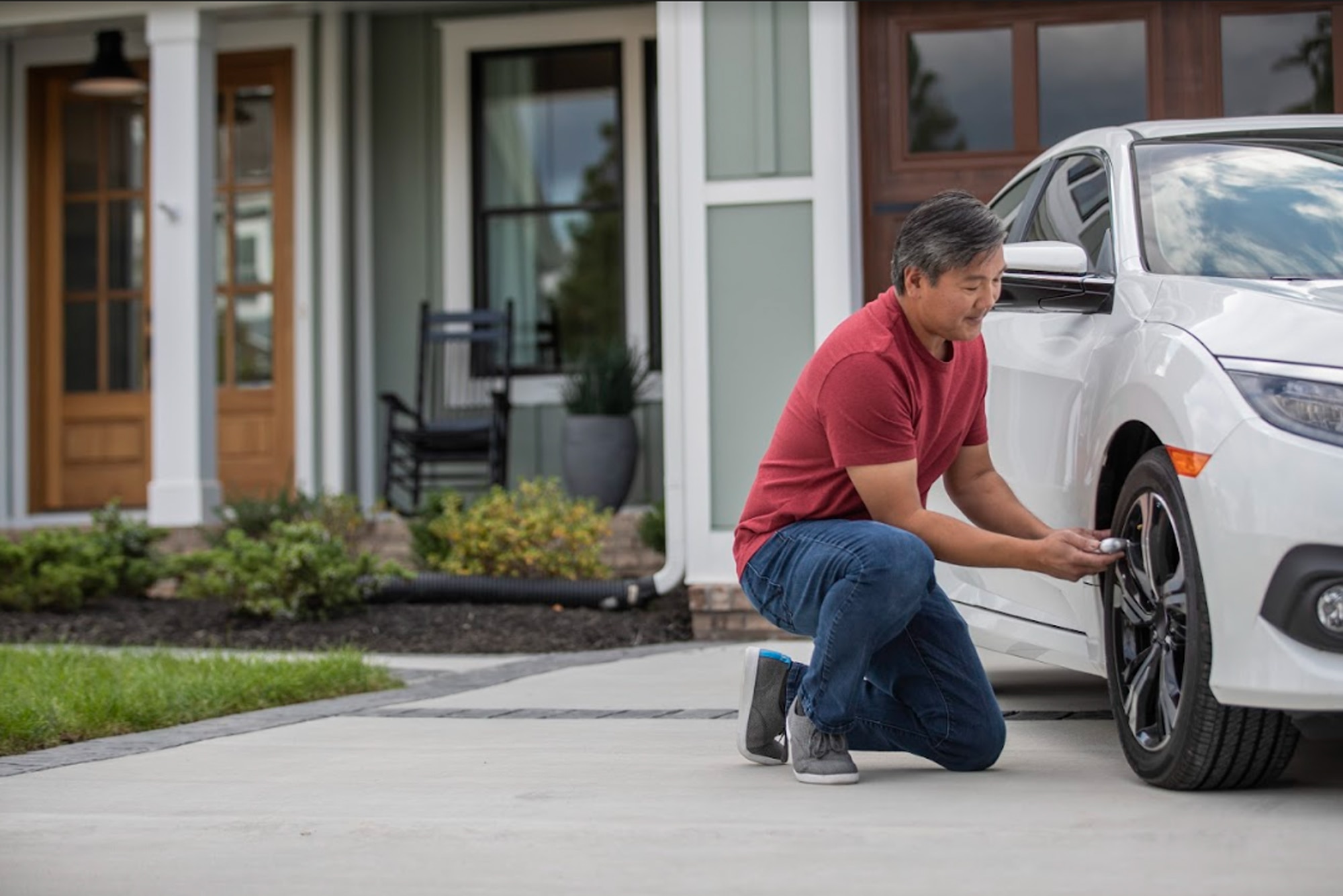How Long do Cars Last?
Vehicle longevity depends on many things, but you can plan on more than a dozen years of service from most new cars.
 Capital One
Capital One
For many people, purchasing a vehicle is the second-biggest investment they’ll make after buying a home, so longevity is often a top concern. Fortunately, vehicles are lasting longer than ever before. According to the Bureau of Transportation Statistics, in 2020, the average lifespan of a vehicle in the United States was 11.9 years. (For reference, in 1995, the average was just 8.4 years.) As for mileage, J.D. Power says that most modern vehicles can last beyond 200,000 miles with proper maintenance, and other outlets say 300,000 miles isn’t unheard of for an EV. If you’re in the market for a trusty workhorse to see you through the years but still wondering how long do cars last, here are some things you should keep in mind.
Reliability Varies by Model and Brand
Consumer Reports, considered one of the most respected sources on vehicle reliability, evaluates new cars on several criteria, including a comprehensive road test, a safety assessment, and predicted reliability and owner satisfaction based on survey data. In 2021, Consumer Reports found that Lexus, Mazda, and Toyota had the most reliable vehicles. Asian brands, in general, performed better than European and domestic ones, but reliability can and does vary widely within an automaker’s lineup. For full details about the models you're considering, you'll need to sign up for a Consumer Reports account.
Maintenance and Repairs Are Key to Keeping a Car on the Road
Outside of build quality and reputation for reliability, maintaining your vehicle by following the recommended service schedules and replacing wear items like tires and brakes can go a long way toward making your car last longer and preventing costly problems down the road. For example, if you forgo changing the engine oil at the recommended intervals, it can significantly shorten the engine's life and even lead to engine failure. If you neglect to replace the brake pads when needed, you may damage your brake rotors, which are significantly more expensive to replace than the pads.
A Harsh Climate Accelerates Wear
When people ask, “How long do cars last?” they often forget about the climate, but a car’s environment can also affect its longevity. Cars subjected to harsh winters and regular exposure to road salt will experience accelerated corrosion compared with vehicles that spent their lives in warmer climates. Similarly, cars kept near coastlines may also see advanced corrosion from the salty air. Modern anti-rust treatments are better than they used to be, but salt will eventually take its toll. Regularly washing your car, including the engine bay and undercarriage, can significantly reduce this kind of damage.
Will Today’s Technology Still Work Decades From Now?
Vehicles are becoming more software-based. At the same time, carmakers have increasingly done away with physical buttons in favor of cleaner-looking touchscreens. Also the advent of over-the-air updates has made it easier than ever for manufacturers to address recalls and keep software current without the owner having to take a trip to the dealership. But if a car’s network equipment becomes obsolete, as happened to many autos with the recent 3G shutdown, vehicles may lose certain features over the years. We can assume 4G service will be around until at least the end of the decade, by which point automakers may have figured out a way to provide extended support for obsolete systems, but no promises.
Written by humans.
Edited by humans.
 Dennie Edwards
Dennie EdwardsDennie Edwards repaired cars for 18 years as an auto technician at Saturn dealerships before joining a commercial-truck manufacturer to help develop a diagnostic tool. He currently authors diagnostic content for construction-equipment technical manuals. As a freelance writer, he enjoys educating consumers on all things automotive with a focus on parts, repairs, and technology.
Related articles
View more related articles